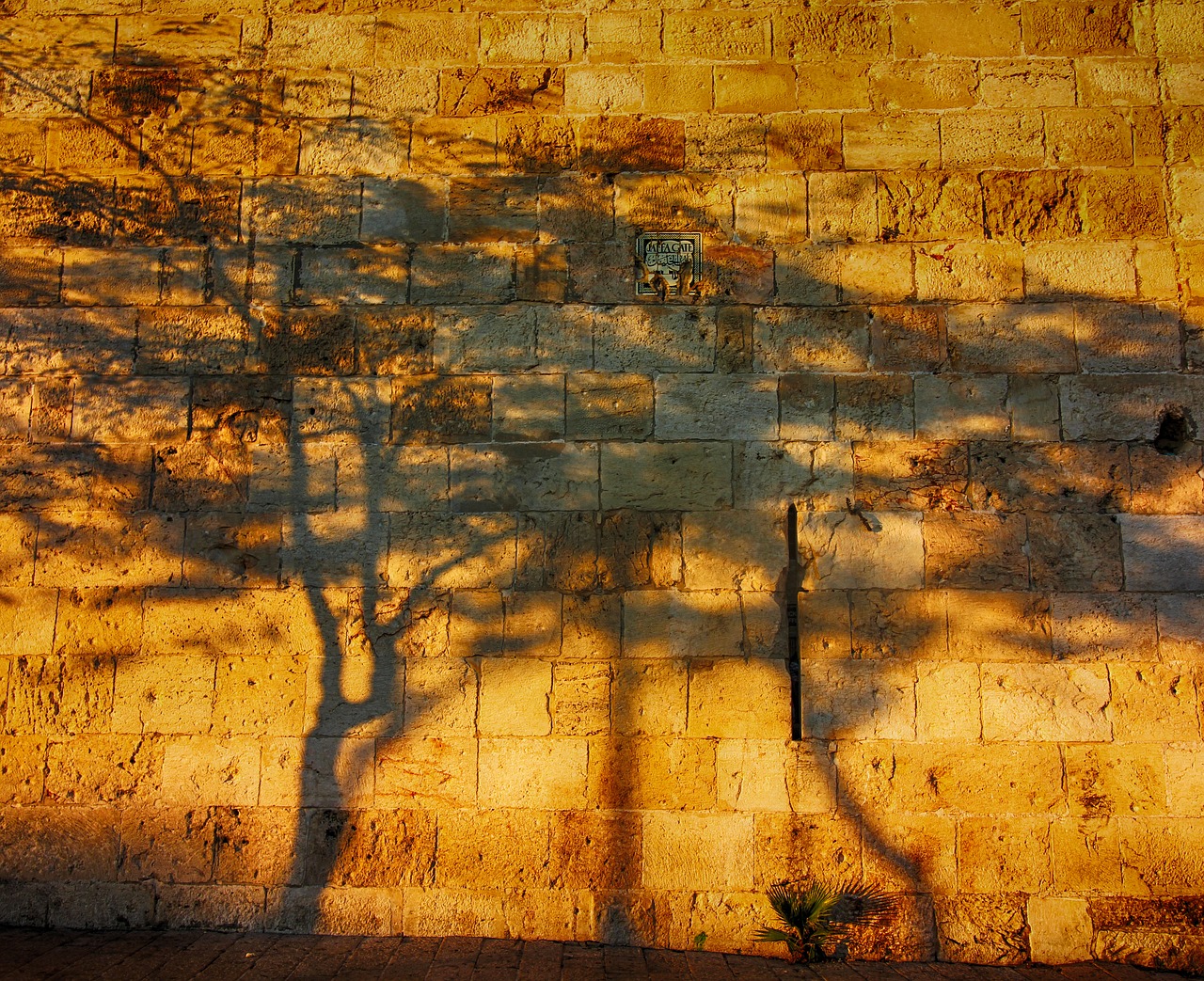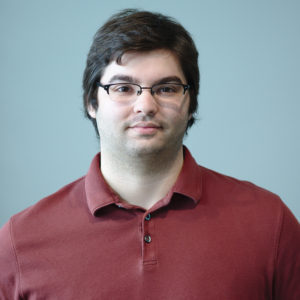Part two of an ongoing correspondence with New Voices Magazine, Daniel Crasnow reports on his experiences as an English teacher in Israel during a year of pandemic in a series entitled, “Diaspora English”. Read part one, “Quarantine in Israel” here.
“[Rabbi Elazar ben Azariah] used to say: Anyone whose wisdom exceeds his good deeds — to what is he similar? To a tree whose branches are many and whose roots are few; then the wind will come and uproot it and turn it over. As it is said: “And he will be like a lonely tree in a wasteland that will not see when good comes. It will dwell on parched soil in the desert, on a salted land, uninhabited” (Jeremiah 17:6).
But one whose deeds exceed his wisdom — to what is he similar? To a tree whose branches are few and whose roots are many; even if all the winds in the world come and blow against it, they will not move it from its place. As it is said: “And he shall be like a tree planted by the water spreading its roots toward the stream, and it will not notice when heat comes. Its leaves will be fresh, in a year of drought it will not worry, and it shall not cease yielding fruit” (ibid., 17:8). (Ethics of the Fathers, 3:22)
After fourteen days in quarantine, my BINA group was ready to leave our apartments and explore Tel Aviv. Our teaching would begin next week. First, BINA brought us to their 2020-2021 opening ceremonies in a semi-isolated part of Jerusalem, for introductions, games, and speeches from BINA leadership and other special guests.
The conference was separated into capsules to prevent the potential spread of the virus, with Teaching Fellows working in the northern cities of Nazareth, Beit She’an, and Nof Hagalil capsulated together, while the Teaching Fellows from the southern cities of Beer Sheva, Rahat, and Ramla capsulated separately. The conference also included numerous other preventative measures, including the use of plastic gloves while self-serving breakfast, constant mask use, socially distanced activities, and even capsulated pool use: facilitators separated the pool into three parts, and rotating which group(s) were in the water at any one time.
We stayed at a beautiful hotel with a continental breakfast that blew any home cooked meal out of the water and finally got to meet all of the people we’d seen on Zoom. I roomed with two other guys, one of whom would be joining me in Nazareth in five months, and one of whom would be heading over to Beit She’an. I also met everyone in the Nazareth apartment, some of whom I first met two weeks before at the airport and until I received my housing location in Tel Aviv, I half expected I’d be working beside them. I was excited, and even though I won’t get to experience their work first hand, I plan on visiting them at some point in the near future.
What struck me most about the program was the dual nature of what was going on. Everywhere during this conference, there was a general sense of jubilee that evolved out of our newfound freedom and excitement for tomorrow, but the health requirements and preventative measures constantly limited this energy. While the ceremony was supposed to indicate the start of the program and represent our future as teachers, the constant and stringent limitations reminded us that COVID was still here.The mental shift we were undertaking was just that: a mental, not physical, change.
During the program, we played a game with Maya Rimer, a “Participation Specialist” whose work focuses on “harnessing the collective wisdom and self-organizing capacity of groups” in order to more effectively encourage people to respond to the challenges they face. Under her guidance, we played The Wicked Question Game, an activity in which every participant writes a question, and then all members of the group ask questions about the initial question digging deeper into the underlying assumptions that brought about that initial question. Since we are only allowed to ask questions during the game, questions became their own form of answer.
My initial question was: “How do we go about rebuilding the social organization we lost due to COVID?”
I knew it was a general question going into it and I didn’t expect a clear result. We dove into the assumptions of the question— that there is a social organization, that it has been lost, and that we should try to rebuild it. We dove further into the value (or lack thereof) of that social organization, and questioned if it could be rebuilt, even if we wanted to. By the end of the game, my question had changed:
“How has COVID temporarily and permanently affected the social order?”
I spent the rest of the day considering that question. After lunch, as we all returned to our rooms, I had a bit of a revelation.
I realized the subconscious fear pervading everything we were doing here— in the face of this virus, the chaos, our excitement, and the unknown.
We wanted to do right by our students and, in doing so, regain the social order that we lost. As I said in my last essay, I don’t think anyone on this program came to Israel in the middle of COVID in order to reinforce what we know about ourselves. Our choice to partake in this program was itself an act of redefinition. As our students improve their English, as they learn and navigate their way through the chaos of the modern world, and as we are able to guide them through it all, we inherently rebuild the social relationships we lost.
Once, I was a jobless college student. Once, I was a creative writer who didn’t know what they were doing next year. Once, I left four years of school friendships and relationships on a dime because a pandemic kicked me out, and many (though not all) of those friendships and relationships have been permanently damaged or destroyed.
Now, I am becoming a teacher. I have students, and a job. Now, I’m an essayist as well as a poet. Now, I am making new friends and, for the next year at least, they’ll be strong enough to get me through.
At the end of the week, two days before school started, BINA brought our MITF program to their headquarters in the poorer neighborhoods of South Tel Aviv. Our programming there ended with a discussion about the Talmudic quote above, in which a Rabbi likens people to trees in order to question the role of wisdom and good deeds in the building of an individual, and concludes that good deeds keep people rooted and strong, while wisdom alone fails to provide the same stability. And though that quote provided a very interesting discussion, one statement, by another teaching fellow— Hannah— really stands out to me. She said:
“A lot of us used to think we were trees; that we are the stable parts of the community into which we are inserting ourselves, but in the current world of chaos and COVID, we all snapped to the idea that we are houseplants, not trees. Right now, we can live off the water we are given, but we cannot make our own.”
By doing our work here, by volunteering in these communities that need us and bettering the world around us, and by recognizing that we are not as strong or as stable as we thought we were, we are building our roots. The first step in building something stronger is recognizing the weaknesses of whatever we have. And now that we’ve recognized those weaknesses, we are hoping that, one day, we will be able to make our own water, and that the next storm will not drive us so far from our place.

